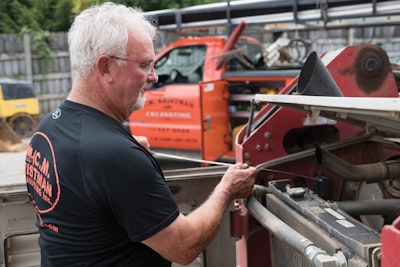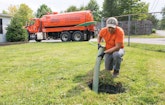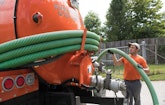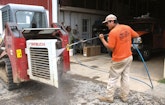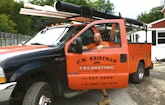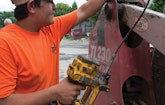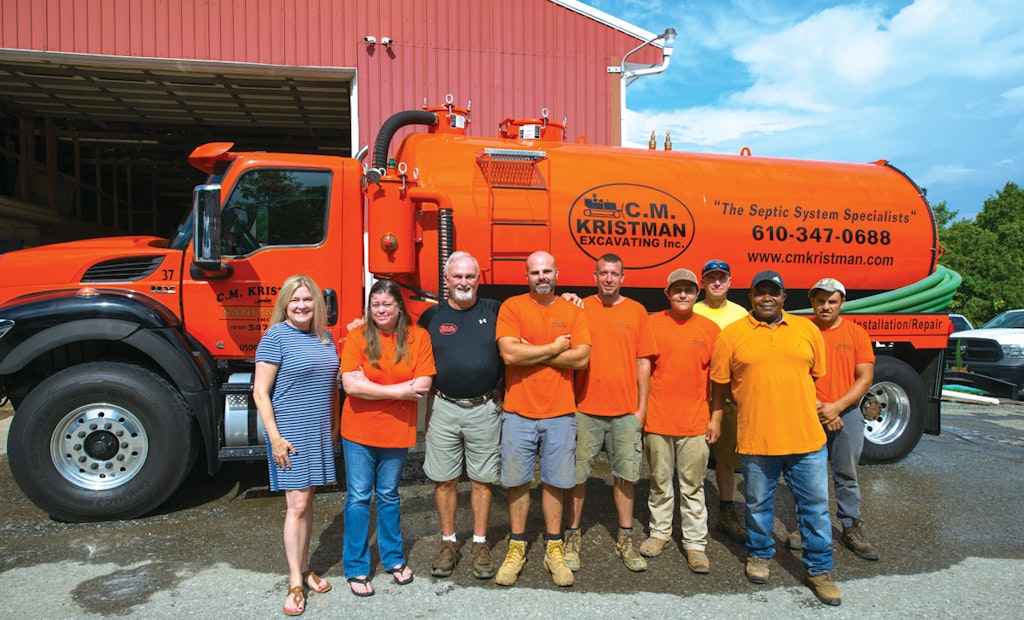
The C. M. Kristman Septic Services team includes, from left, Kelly Sepela, Sherry Robinson, Charlie Kristman, Joe Mowday, Scott Mason, Alexis Romero, Jeramy Good, Ferdinand Williams, Jesus Romero. (Photos by Kirk Zutell)
Charlie Kristman has a simple belief about work: “You’ve got to like what you do. If you like your job, you’re going to do it well. It comes to you very easy, and the money rolls right in.”
Kristman has lived out that belief as owner of C.M. Kristman Septic Services in...
